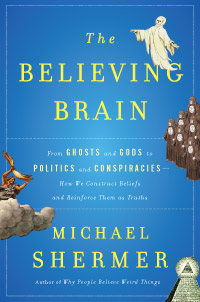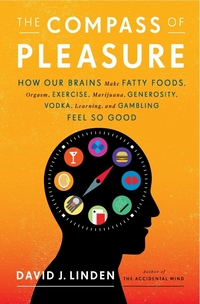- HOME
- INTRO TO THE FORUM
- USE AND MISUSE
- BADLY WRITTEN, BADLY SPOKEN
- GETTING
TO KNOW ENGLISH - PREPARING FOR ENGLISH PROFICIENCY TESTS
- GOING DEEPER INTO ENGLISH
- YOU ASKED ME THIS QUESTION
- EDUCATION AND TEACHING FORUM
- ADVICE AND DISSENT
- MY MEDIA ENGLISH WATCH
- STUDENTS' SOUNDING BOARD
- LANGUAGE HUMOR AT ITS FINEST
- THE LOUNGE
- NOTABLE WORKS BY OUR VERY OWN
- ESSAYS BY JOSE CARILLO
- Long Noun Forms Make Sentences Exasperatingly Difficult To Grasp
- Good Conversationalists Phrase Their Tag Questions With Finesse
- The Pronoun “None” Can Mean Either “Not One” Or “Not Any”
- A Rather Curious State Of Affairs In The Grammar Of “Do”-Questions
- Why I Consistently Use The Serial Comma
- Misuse Of “Lie” And “Lay” Punctures Many Writers’ Command Of English
- ABOUT JOSE CARILLO
- READINGS ABOUT LANGUAGE
- TIME OUT FROM ENGLISH GRAMMAR
- NEWS AND COMMENTARY
- BOOKSHOP
- ARCHIVES
Click here to recommend us!
TIME OUT FROM ENGLISH GRAMMAR
This section features wide-ranging, thought-provoking articles in English on any subject under the sun. Its objective is to present new, mind-changing ideas as well as to show to serious students of English how the various tools of the language can be felicitously harnessed to report a momentous or life-changing finding or event, to espouse or oppose an idea, or to express a deeply felt view about the world around us.
The outstanding English-language expositions to be featured here will mostly be presented through links to the websites that carry them. To put a particular work in better context, links to critiques, biographical sketches, and various other material about the author and his or her works will usually be also provided.
How the human brain establishes and reinforces beliefs as truths
Although we may fancy ourselves to be rational beings, each of us has a brain that’s nothing less than a belief machine, one that makes us more capable of self-deception and illusion than any other species. This is the central thesis of Michael Shermer’s The Believing Brain: From Ghosts and Gods to Politics and Conspiracies (Times Books, 400 pages), a book that integrates the findings of neuroscience and the social sciences to explain how people form and reinforce both their rational and irrational beliefs in an unceasing positive-feedback loop of belief confirmation.

Shermer, a psychologist and science historian, explains that from sensory data obtained through the senses, the brain naturally begins to look for and find patterns, and then infuses those patterns with meaning until they become strongly held beliefs. He provides a wealth of examples of how this process operates in politics, economics, and religion as well as in conspiracy theories, the supernatural, and the paranormal.
From his 30 years of research into the subject, Shermer has come to the conclusion that belief is largely immune to attack by direct educational tools, at least for those who are not ready to hear it. He persuasively argues that science is the best tool ever devised to determine whether or not a belief matches reality, and that the key to attenuating superstition and belief in the supernatural is in teaching how science works, not just what science has discovered.
“Belief change,” Shermer explains, “comes from a combination of personal psychological readiness and a deeper social and cultural shift in the underlying zeitgeist of the times, which is affected in part by education, but is more the product of larger and harder-to-define political, economic, religious, and social changes.”
Read an excerpt from Michael Shermer’s The Believing Brain now!
ABOUT THE AUTHOR:
Michael Shermer is an American science writer and historian of science who founded The Skeptics Society, which currently has over 55,000 members. He is the editor in chief of Skeptic, the society’s magazine that is largely devoted to investigating pseudoscientific and supernatural claims. Since April 2001, Shermer has been a monthly columnist for Scientific American magazine. He is also the producer and co-host of Exploring the Unknown, the 13-hour television series on Fox Family (now ABC Family).
RELATED READING:
In his book The Compass of Pleasure: How Our Brains Make Fatty Foods, Orgasm, Exercise, Marijuana, Generosity, Vodka, Learning, and Gambling Feel So Good (Viking Adult, 240 pages), David J. Linden, neuroscience professor at Johns Hopkins University School of Medicine, makes a provocative exploration of the relationship between pleasure and addiction. “Understanding the biological basis of pleasure leads us to fundamentally rethink the moral and legal aspects of addiction to drugs, food, sex, and gambling and the industries that manipulate these pleasures,” he says.

Read an excerpt from David J. Linden’s The Compass of Pleasure in the NPR.org website now!







